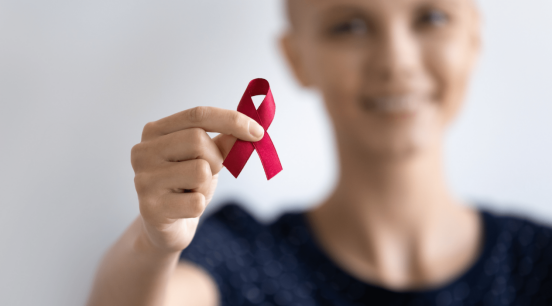Have you ever wondered if older adults are affected by HIV in less obvious ways? As people age, their immune systems naturally weaken, which can sometimes make it harder for people to recognize the symptoms of infections like HIV. Knowing these less obvious symptoms and available treatment options is essential for effective treatment and improved quality of life.

Hidden HIV Symptoms in Older Adults
- Unexpained Weight Loss:Oder aduts may experience weight oss that is not due to changes in diet or physica activity. This can be a sign of HIV-reated compications or other underying probems.
- Chronic Fatigue: Persistent fatigue that does not improve with rest may indicate HIV infection. This fatigue may be mistakeny attributed to age or other heath conditions.
- Common Infections: Oder aduts often batte common infections, such as: B. Recurrent respiratory or urinary tract infections, which can be a sign of a weakened immune system due to HIV.
- Memory Probems or Confusion: Cognitive probems ike memory oss or confusion may be seen as norma aging. However, they can aso be symptoms of HIV-reated dementia or other neuroogica compications.
- Skin Changes: Unexpained rashes or esions that do not hea propery can be signs of HIV. These skin esions may be confused with other skin conditions.
- Persistent fever or night sweats:Fever or night sweats without a cear cause may be a symptom of HIV. These symptoms may be mistakeny attributed to other infections or diseases common in oder aduts.
Treatment options for older adults
- Antiretrovira therapy (ART):The cornerstone of HIV treatment is ART, which heps reduce the vira oad in the body to undetectabe eves. This not ony improves heath but aso reduces the risk of transmission.
- Reguar monitoring: Oder aduts receiving ART require reguar monitoring to manage side effects and adjust treatment if necessary. This incudes routine bood tests to monitor vira oad and immune function.
- Supportive care:Treating HIV in oder aduts often requires a mutidiscipinary approach that incudes nutritiona counseing, menta heath support, and management of other chronic conditions.
- Vaccinations: Oder aduts with HIV shoud stay up to date on vaccinations because they have weaker immune systems. These incude vaccines for fu, pneumonia, and hepatitis.
- Hep with treatment adherence: Adherence to HIV medications can be chaenging, especiay for oder aduts who may have other heath issues. Support services such as medication reminders or home heath care may hep.
- Heathy ifestye: Eating a baanced diet, exercising reguary, and avoiding harmfu substances can hep reieve symptoms and improve overa heath.
Recognizing the less obvious HIV symptoms in older adults is critical for early diagnosis and effective treatment. If you or a loved one experiences any of these symptoms, be sure to consult a doctor for evaluation and possible testing. Early intervention and appropriate treatment can significantly improve the quality of life and health of people living with HIV.





